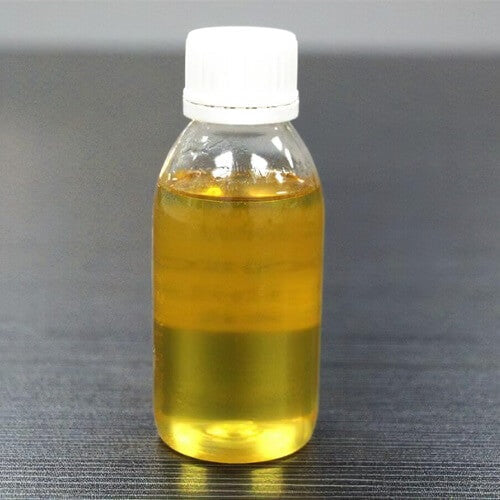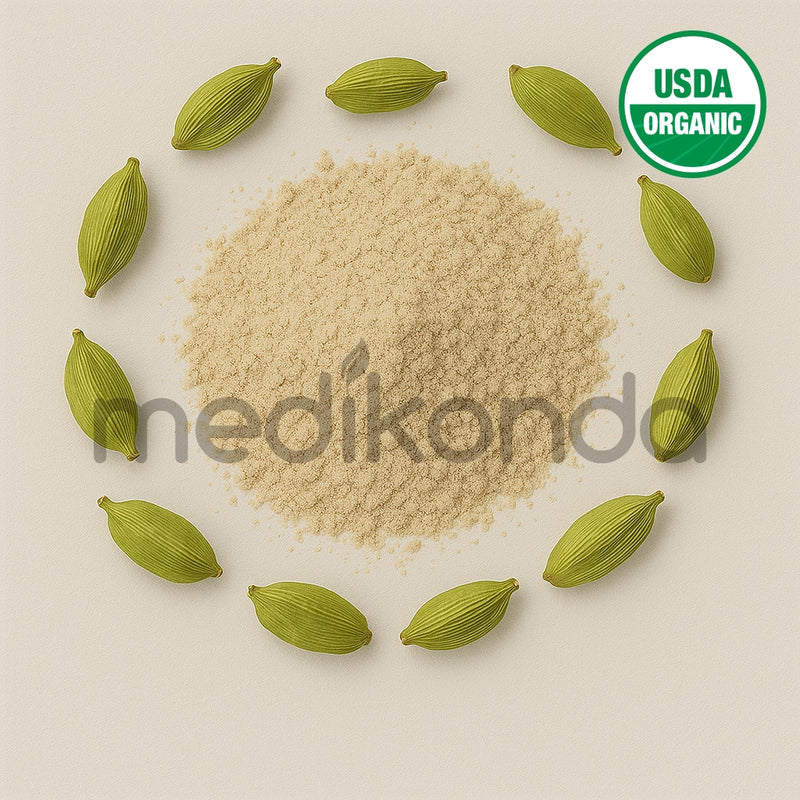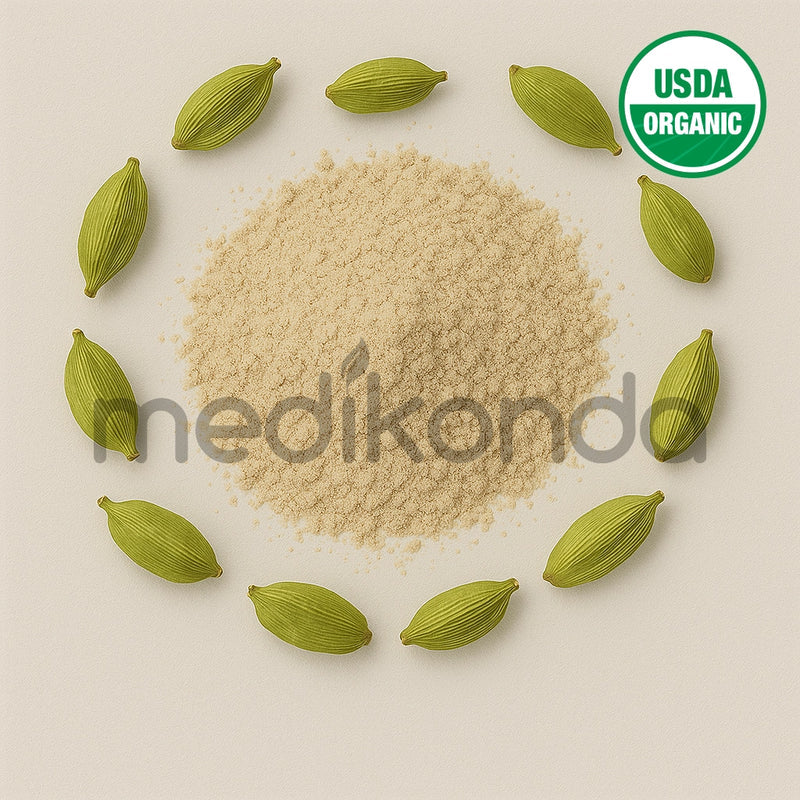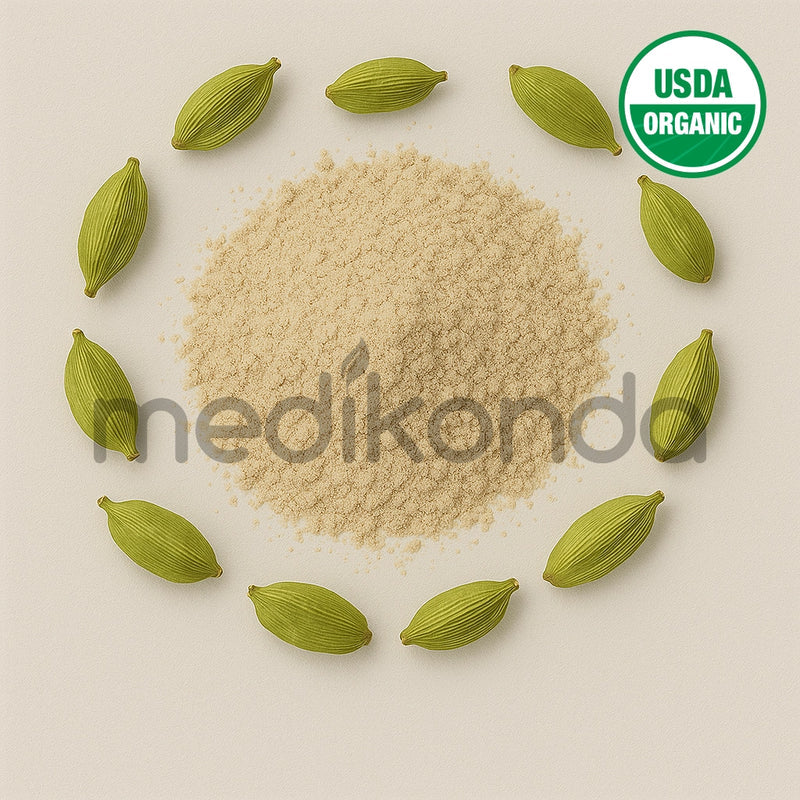Add description, images, menus and links to your mega menu
A column with no settings can be used as a spacer
Link to your collections, sales and even external links
Add up to five columns
Add description, images, menus and links to your mega menu
A column with no settings can be used as a spacer
Link to your collections, sales and even external links
Add up to five columns
LOOKING FOR BULK INGREDIENTS PRICING?
GET INSTANT QUOTEwhat ingredient are you looking for?

Benefits of Vitamin E - Wholesale B2B Bulk Suppliers in Australia and New Zealand
Vitamin E: The Powerful Antioxidant for Skin, Immunity, and Heart Health
What is Vitamin E?
Vitamin E is a fat-soluble vitamin renowned for its potent antioxidant properties. It exists in eight different forms, with alpha-tocopherol being the most biologically active in humans. Vitamin E plays a crucial role in protecting cells from oxidative damage caused by free radicals, supporting immune function, and maintaining healthy skin and eyes.
Since it is fat-soluble, vitamin E is absorbed along with dietary fats and stored in the body’s fatty tissues, making it essential to consume in appropriate amounts through diet or supplements.
Key Functions of Vitamin E
1. Antioxidant Protection
Vitamin E neutralizes free radicals, unstable molecules that can damage cell membranes, proteins, and DNA. This antioxidant activity helps reduce oxidative stress, which is linked to aging and many chronic diseases.
2. Skin Health
Vitamin E supports skin repair and hydration. It helps protect against UV damage, reduces inflammation, and may improve skin texture and elasticity. That’s why it’s a popular ingredient in skincare products.
3. Immune System Support
By protecting immune cells from oxidative damage, vitamin E enhances the body’s defense mechanisms against infections and illnesses.
4. Cardiovascular Health
Vitamin E helps prevent the oxidation of LDL cholesterol, a key step in the development of atherosclerosis (hardening of arteries). This contributes to better heart and vascular health.
5. Eye Health
It may reduce the risk of age-related macular degeneration and cataracts by protecting the eyes from oxidative stress.
Dietary Sources of Vitamin E
Vitamin E can be found in a variety of foods, including:
-
Nuts and seeds (almonds, sunflower seeds, hazelnuts)
-
Vegetable oils (wheat germ, sunflower, safflower oil)
-
Green leafy vegetables (spinach, broccoli)
-
Fortified cereals
-
Avocados
Vitamin E Supplements
Vitamin E supplements are commonly available as:
-
Natural form (d-alpha-tocopherol)
-
Synthetic form (dl-alpha-tocopherol)
The natural form is generally considered more bioavailable. Supplements are often taken to support antioxidant defenses, especially in individuals with dietary gaps or increased oxidative stress.
Recommended Dosage
-
Adults generally need about 15 mg (22.4 IU) daily.
-
Higher doses may be used therapeutically but should be taken under medical supervision due to potential bleeding risks.
Deficiency and Risks
Vitamin E deficiency is rare but can occur in:
-
People with fat-malabsorption disorders (e.g., cystic fibrosis, Crohn’s disease)
-
Premature infants
-
Individuals with genetic disorders affecting vitamin E metabolism
Symptoms include muscle weakness, vision problems, and impaired immune response.
Excessive intake of vitamin E supplements may increase the risk of bleeding by interfering with blood clotting.
Final Thoughts
Vitamin E is a vital nutrient with wide-ranging benefits from protecting cells against oxidative damage to supporting skin, immune, and heart health. A balanced diet rich in nuts, seeds, and green vegetables usually provides sufficient vitamin E, but supplementation can be helpful in certain situations. Prioritizing vitamin E in your nutrition can contribute to healthier aging, vibrant skin, and robust immunity.
For bulk orders and inquiries, visit Medikonda Nutrients - Vitamin E
Medikonda Nutrients is the Largest Manufacturer, B2B Bulk Wholesale Supplier of Vitamin E in Australia and New Zealand.
Also in Medikonda: Health & Wellness
SUBSCRIBE NOW ...
Don't miss to get latest updates on sales, new releases and promotions




